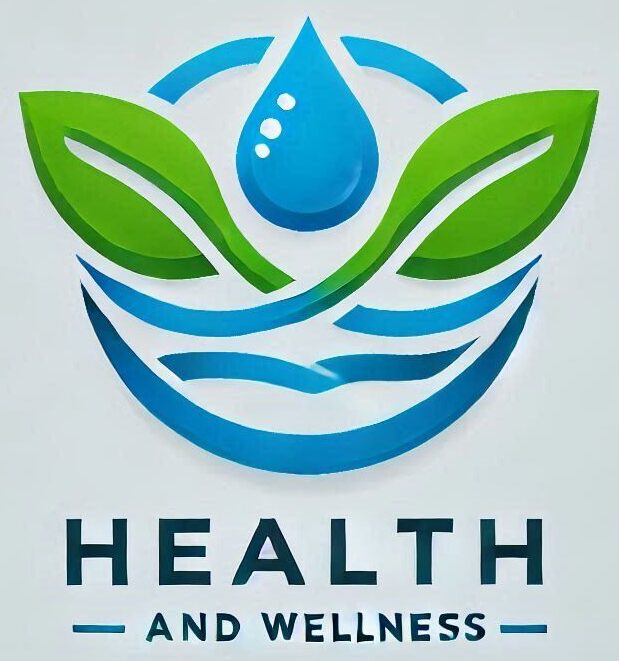Vitamins are like the little engines driving a lot of critical processes in our bodies, even when we’re not paying attention. They’re these essential nutrients that our bodies rely on to function smoothly. Whether you’re talking about energy production, immune defense, or even skin health, vitamins are working behind the scenes.
Why is everyone always pushing the importance of vitamins? Well, they play a part in so many body functions that keeping your vitamin levels in check can help shield you from a variety of threats. Not getting enough, though, can lead to some pretty undesirable health problems. For example, a lack of vitamin C can cause scurvy, while not enough vitamin D may lead to bone issues like rickets.
Vitamins can do wonders for preventing diseases as well. Many wreck havoc on free radicals, those pesky molecules that can damage cells and are linked to conditions like cancer and heart disease. Having a balanced amount of vibrantly colored fruits and veggies can offer some defense thanks to the vitamins jam-packed in them.
It’s also crucial to talk about what happens when vitamin levels go out of whack. Deficiencies may lead to symptoms ranging from fatigue to more severe health episodes depending on which vitamin you’re lacking. Meanwhile, getting too much can also throw your system for a loop. The trick is finding that sweet spot which usually involves a balanced diet rich in diverse foods.
Water-Soluble Vitamins: The Essentials for Daily Health
Water-soluble vitamins are like those reliable mates who are always there, but if they’re not recharged regularly, they seem to vanish fast. The unique thing about these vitamins is that our bodies don’t stash them away for a rainy day; they’re used immediately, and any leftovers head out with our urine.
Among the all-stars of water-soluble vitamins, we’ve got vitamin C and all those B vitamins, like B6 and B12, each playing a different role. Vitamin C, for instance, is essential for skin, bones, and even your mood. Then, B vitamins are the unsung heroes behind energy production, red blood cell formation, and so much more.
Considering your daily intake is really crucial because these vitamins are involved in a lot of bodily functions. The good news is, they’re readily available in many foods like fruits, veggies, whole grains, and dairy. A glass of orange juice and some spinach in your diet can go a long way.
If you’re thinking about supplements, it’s all about balance. It’s important not to overdo it since our bodies have limits on what they can absorb. Excessive intake of certain B vitamins can cause issues down the line, so chatting with a healthcare professional before popping those pills can save a lot of trouble.
Missing out on these vitamins? You might experience symptoms like tiredness, weakness, or even skin issues. But the right diet can usually fix things up. Pay attention to what you’re eating to catch any possible gaps early on, and remember that a few small changes in your routine can lead to big health benefits.
Fat-Soluble Vitamins: Their Functions and Benefits
Fat-soluble vitamins are the VIPs in our nutrition world. Stored in the liver and fatty tissues, they hang around longer than their water-soluble pals. We’re talking about vitamins A, D, E, and K, each carrying out hefty duties that keep us going.
Vitamin A’s got the spotlight for protecting our vision, supporting immunity, and even spicing up skin health. Then, there’s vitamin D, popularly known as the sunshine vitamin, crucial for bone health and calcium absorption. Vitamin E steps in as a powerful antioxidant guarding us against free radicals, while vitamin K’s fame lies in blood clotting, pivotal for healing wounds.
One cool thing about fat-soluble vitamins: since they’re stored, you don’t need a daily fix. But this also means there could be issues if we stack up too much. Overdoing it, especially with vitamin A or D, could indeed throw a wrench in the works, leading to toxicity and harm.
Finding these in your meals isn’t hard: they lurk in items like fish, dairy, nuts, and leafy greens. Chomping a varied diet is the trick to getting what you need without overthinking dosing from supplements.
To raise a glass to good health, it’s crucial to find the middle ground, since too much can be as bad as too little. Keeping an eye on your daily intake with a balanced diet is wise, and if supplements are on your radar, it’s always a good idea to get the thumbs up from a healthcare expert.
Navigating the Complex World of Vitamin Supplements
With the hustle and bustle of life, sometimes grabbing all those essential vitamins from food alone can feel like a stretch. That’s where vitamin supplements swoop in to potentially fill in those nutritional gaps.
Not every situation calls for supplements, though. Some folks might need them because of dietary restrictions or health conditions, while others might be okay with what they’re getting from their meals. It’s super important not to assume or self-prescribe, because the wrong supplement or dose can backfire.
There’s a whole array of vitamin supplements available, from natural to synthetic options, and deciding between these can be mind-boggling. Often, they’re labeled to inform you of their source and how they’re processed. Natural ones come from food sources, while synthetic versions are made artificially, and each has its pros and cons.
Choosing quality over quantity is crucial here. A supplement should complement your diet, not replace it. Keep an eye out for brands with third-party certifications that confirm their quality and safety. It can help ensure you’re not taken in by overblown marketing claims that don’t hold up.
Before grabbing any bottle off the shelf, check with your healthcare provider for a heads-up about what’s suitable for you. Personalized advice can help you decide if supplementation will accurately fill your needs without causing harm.
